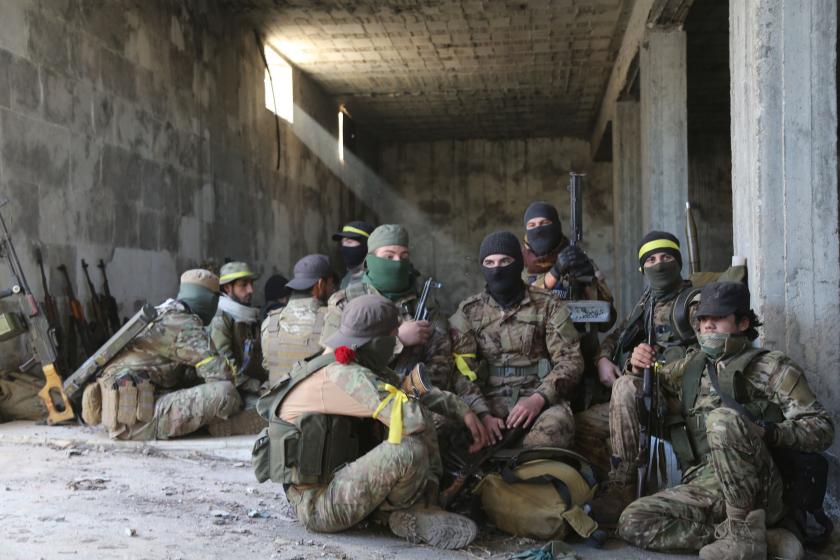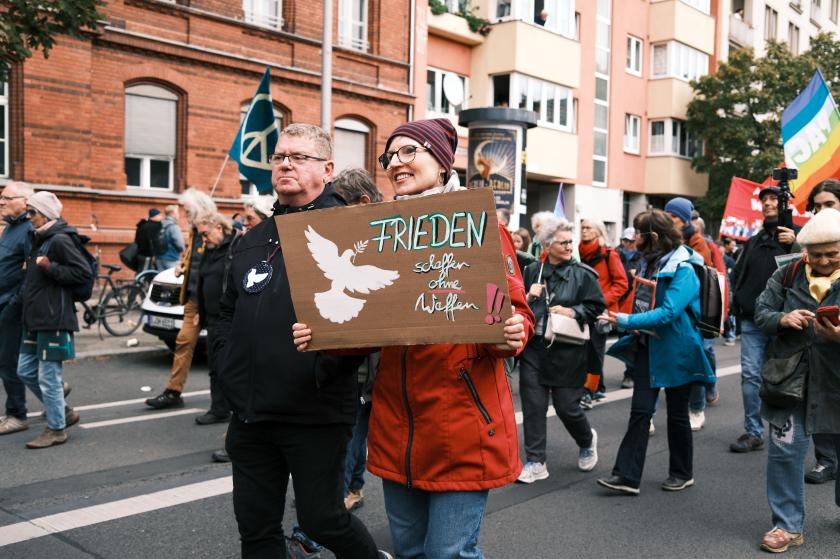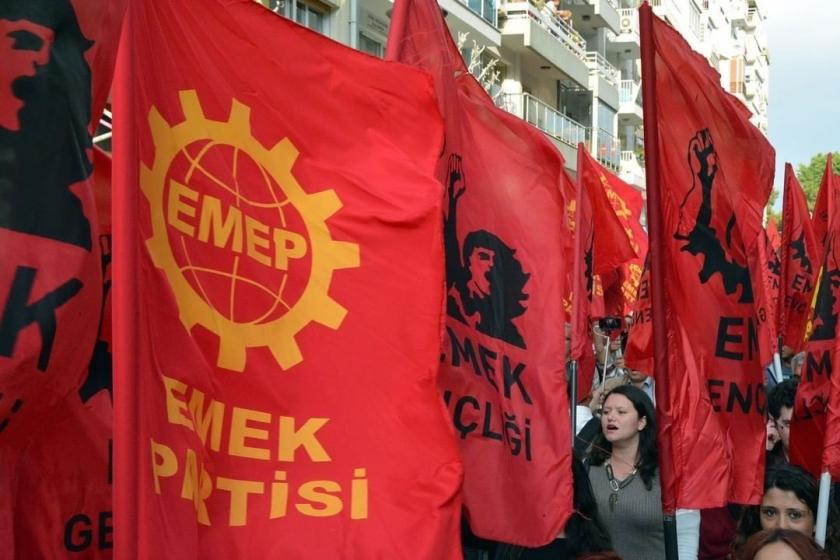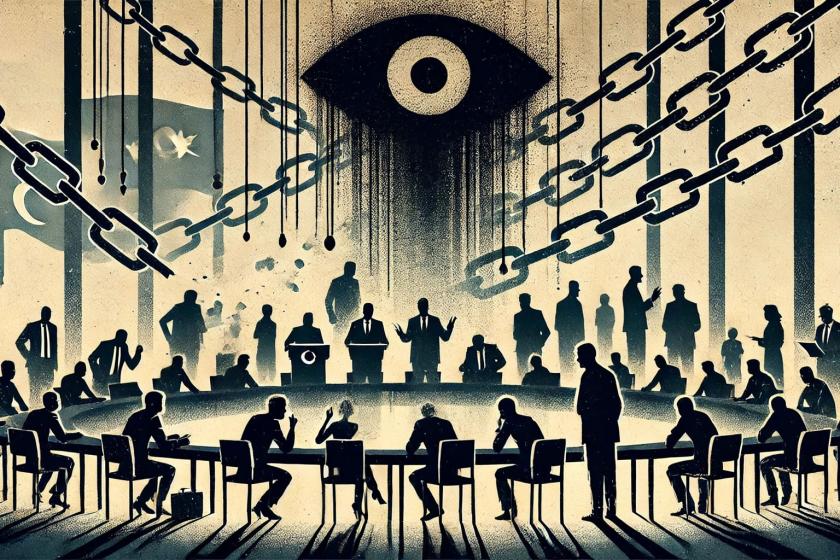18 May 2020 07:51
Bolsonaro has repeatedly refused to support the quarantine measures and has encouraged people to leave home, despising the effects of the virus on the health system and arguing in defense of the profits of bankers and traders.
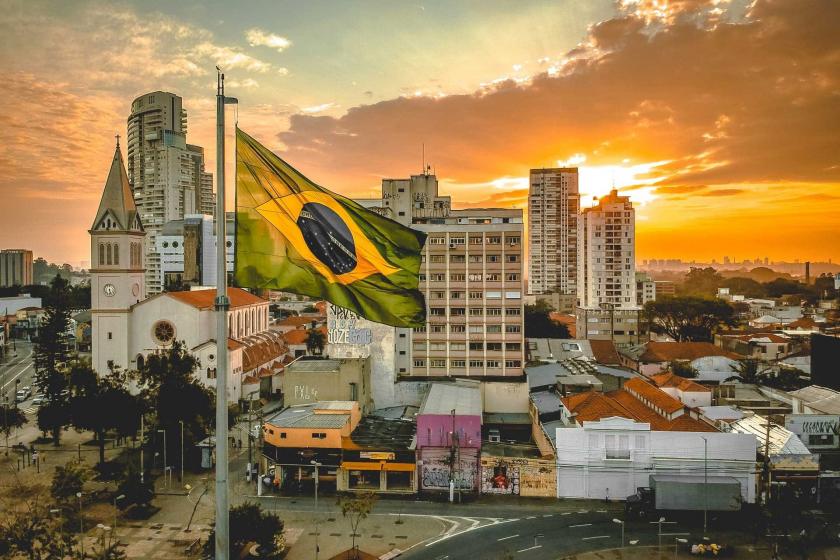
Photograph: Unsplash
Sandino PATRIOTA
São Paulo
Brazil is advancing rapidly to the peak of the Covid19 crises, reaching a high daily mortality rate. Brazilians are already in the second place among the highest number of deaths registered in the world, behind only the americans. But the deaths proven by Covid19 are only a part of the total number of deaths that the virus has been causing. On May 15, for example, 824 confirmed people died with Covid19, but more than twice that number died from pneumonia, acute respiratory syndrome and septicemia, an abnormal number, apparently, caused too by the new virus, since not enough testing is taking place.
There is no expectation that this curve will decrease in the coming days. On the contrary, we will see an increase in the number of deaths due to the relaxation, in practice, of the measures of social distance and quarantine.
Since March 11, a tug of war has been established between the governors of the states of the Brazilian federation and the federal government, commanded by Jair Bolsonaro. Bolsonaro has repeatedly refused to support the quarantine measures and has encouraged people to leave home, despising the effects of the virus on the health system and arguing in defense of the profits of bankers and traders. Two months later, the population is tired of this dispute, fired from their jobs, with reduced salaries and forced to leave home to survive.
During this period, Bolsonaro worked to strengthen his alliance with the army generals who became the mainstay of his government, together with bankers and agents of the financial system. He sought to find a doctor who, assuming the Ministry of Health, made public statements against social isolation. To do this, he dismissed two ministers of health and, at last, retained an army general, without training or experience in health, as the provisional minister of that area.
In order to escape having his term revoked by parliament, Bolsonaro also established an alliance, through a corrupt negotiation of positions and public funds, with representatives of the physiological parties that were directly involved in the corruption scandals during the Workers Party - PT governments. This alliance seeks to establish a support base in parliament that avoids an impeachment process.
The entire policy of the Bolsonaro government in that period was to guarantee the profits of capitalists, especially that of bankers, no matter how many Brazilians will die as a victim of Covid19 or whether the public health system will collapse. Right from the start, 1.3 trillion reais were released [we do not convert this amount into dollars as there is a great volatility of the real in relation to the dollar today, our currency even depreciated by 40% compared to the US] to the 5 banks that dominate the Brazilian economy without any counterpart, nor of expanding credit to those in need, nor of guaranteeing jobs.
Faced with the most anti-people and most anti-national government in Brazil's recent history, the working class, needing to respect social isolation to survive, is looking for ways to resist. There is a reorganization in the ranks of the popular field that accompanies the reorganization underway in the world of work.
During this crisis, the traditional trade union movement was unable to respond effectively, paralyzing the most affected workplaces and mobilizing the class for rights. At the same time, the importance of having a presence in low-income neighborhoods, affected by unemployment, the lack of basic services and victims of total lack of assistance, has grown and this work is being carried out by organized social movements.
As the Brazilian State demonstrates its total inability to deal with a health crisis and faces a situation of near bankruptcy with regard to the economic situation, large street mobilizations and social confrontations that will decide the fate of the Brazilian people are expected.
